Courses

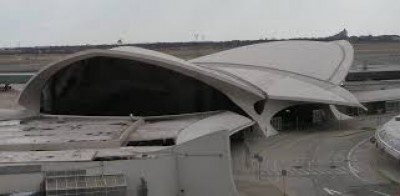
 Compare
Compare
Overview Plates and shells exhibit two dimensional structural actions that result in stronger, thinner and lighter structures and therefore, have economic advantage.
37 Lessons
37:15:51 Hours
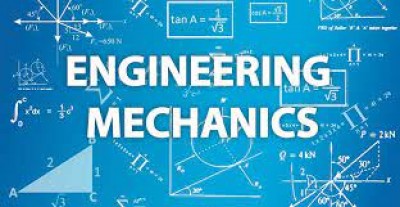
 Compare
Compare
Overview Engineering Mechanics, Equilibrium, Plan Trusses, Friction, Properties of surfaces, Method of virtual work
31 Lessons
29:46:13 Hours
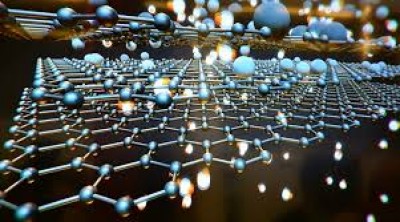
 Compare
Compare
Overview Introduction, Internal Energy Enthalpy, Crystal Geometry, Structure, Structure of Solid Materials, Non Crystalline Solids
35 Lessons
33:16:54 Hours
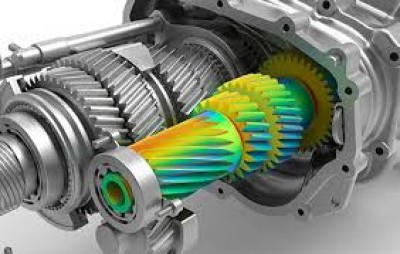
 Compare
Compare
Overview Basic of non-linear finite element analysis - Heat transfer problem - Incremental-iterative approach - Incremental procedure - Simple non-linear problem - Stress update algorithm - Hardening material - Delta epsilon - Rate dependent
22 Lessons
17:56:49 Hours
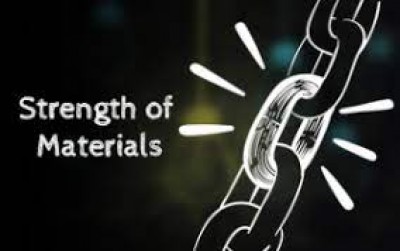
 Compare
Compare
Overview Stress and strains in 3d - straction vector - planes of maximum shear stress - tensosrs - hydrostatic&deviatoric stress - relative displacement&rotation tensors-equilibrium equns in 2-d polar coords - shrink fit stress
40 Lessons
36:59:51 Hours
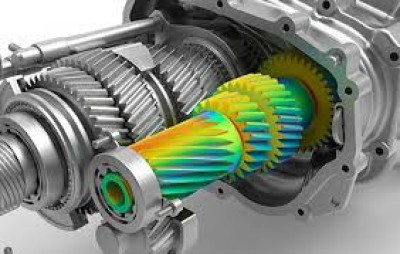
 Compare
Compare
Overview Introduction - intial value problems of mathematical physics - element calculation-post process - advantages&problems
38 Lessons
35:09:53 Hours
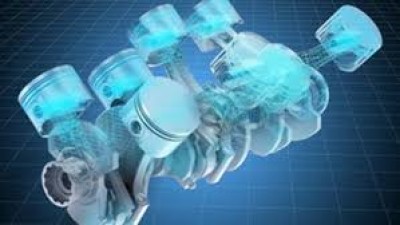
 Compare
Compare
Overview Computational methods in design and manufacturing - Application of finite element analysis - Basis of finite element analysis - Stiffness Matrix - Surface forces and Body forces - Difference between stress vector and stress tensor
33 Lessons
27:51:53 Hours
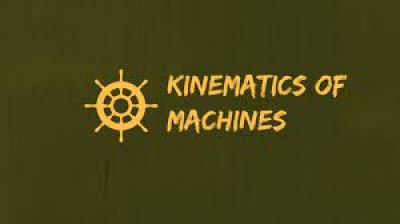
 Compare
Compare
Overview Contents: Introduction - transfering and transforming motion and force - kinematics - number synthesis - grubler formation - motion transfer links
39 Lessons
30:19:16 Hours
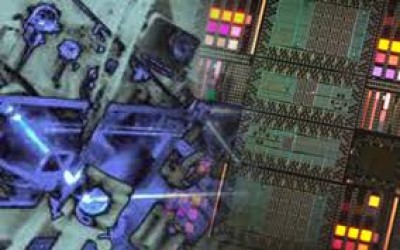
 Compare
Compare
Overview Introduction to basic of Mechanical Measurements - Three Groups Of Instruments - Details of Signals - Threshold And Its Examples - Sources of Error - Gear meshing - Field of measurements,Loading Effect - Rotational Error - Computing the error
26 Lessons
19:28:02 Hours